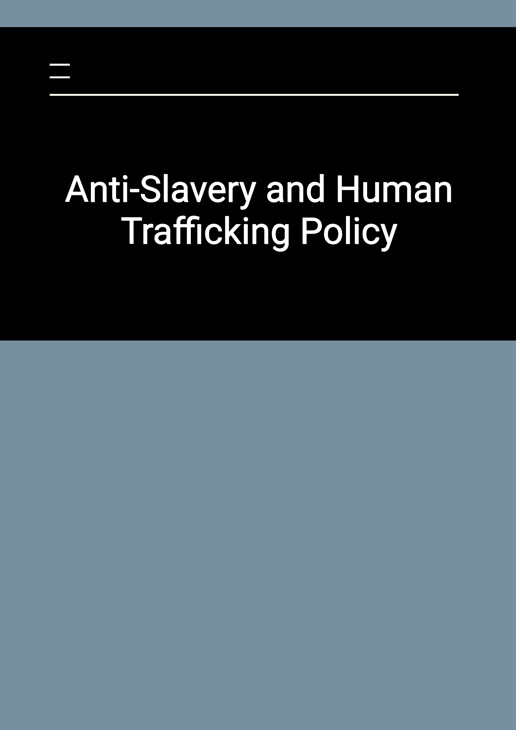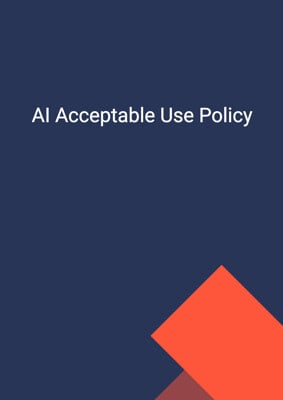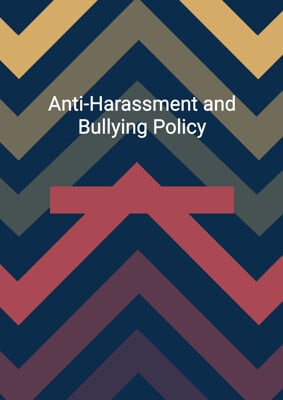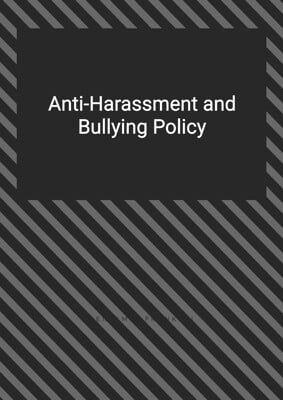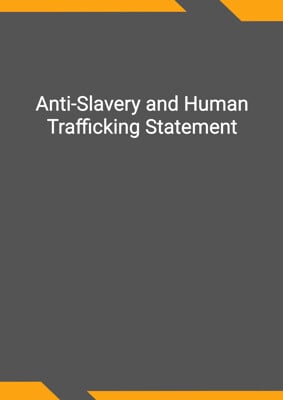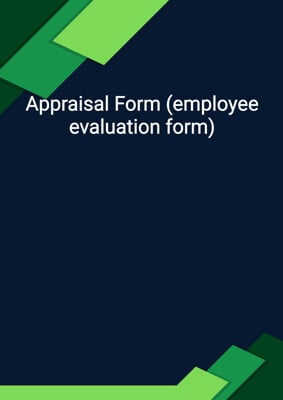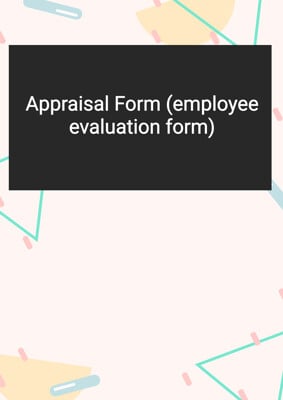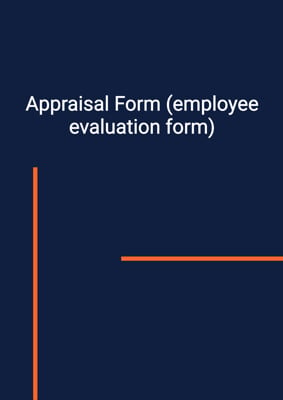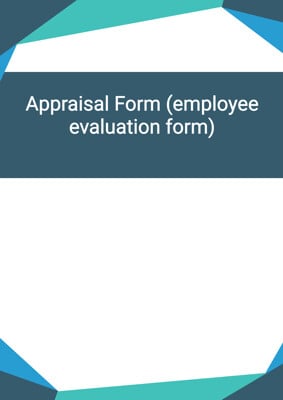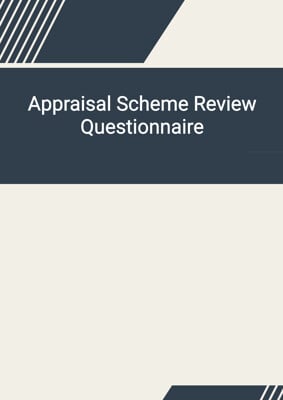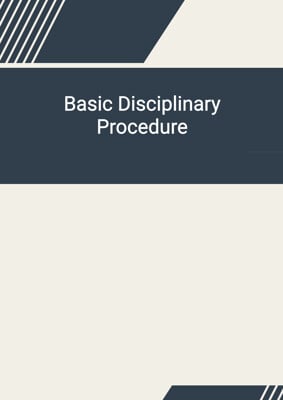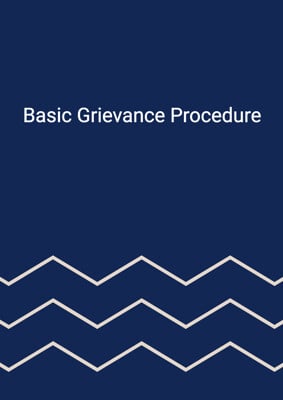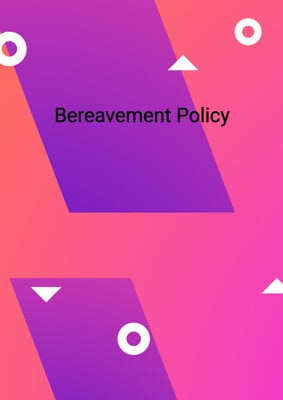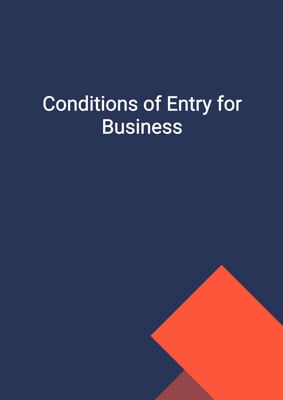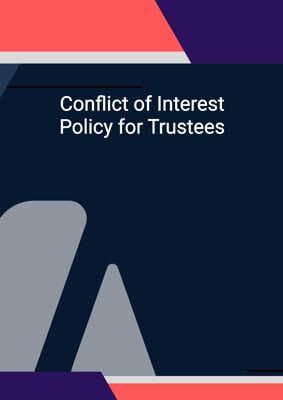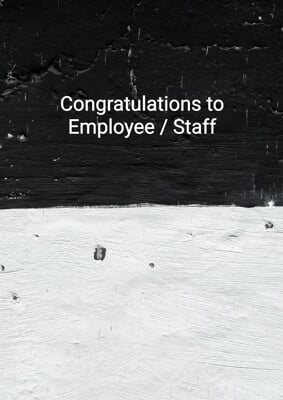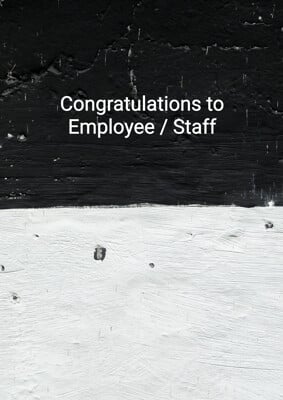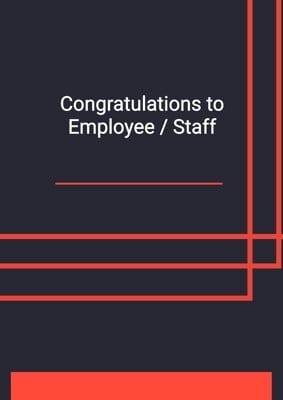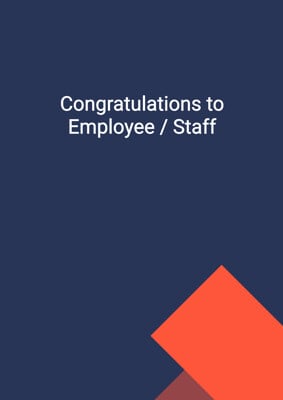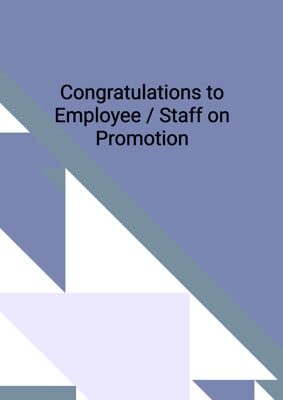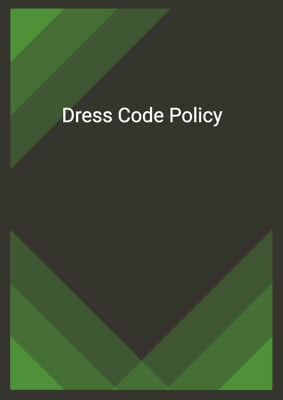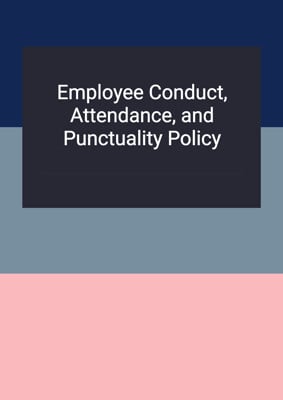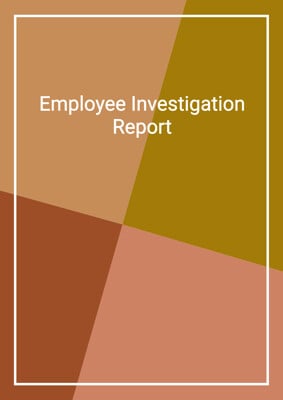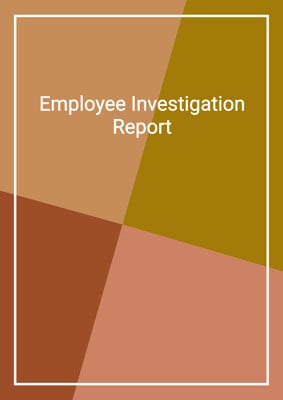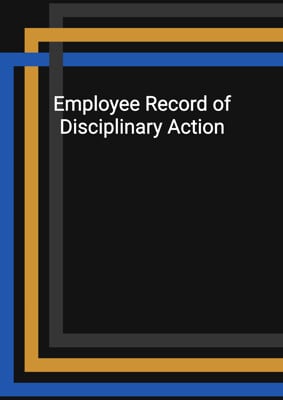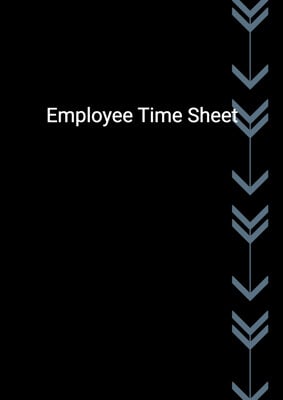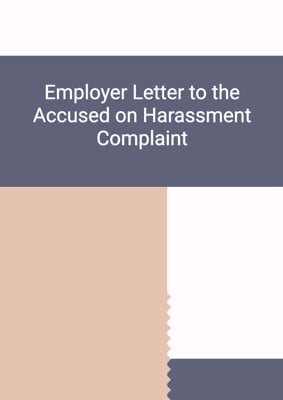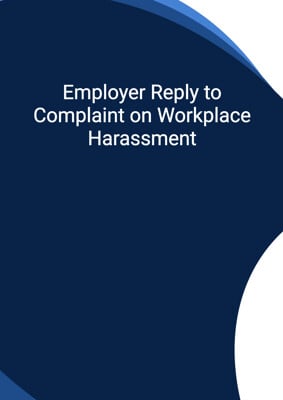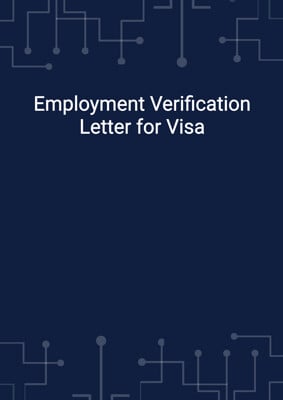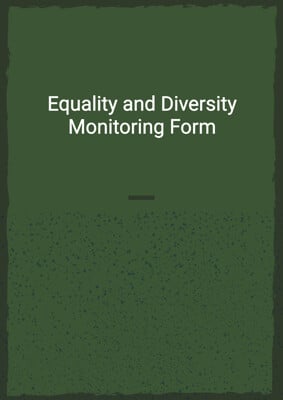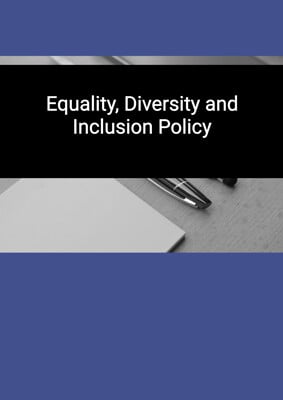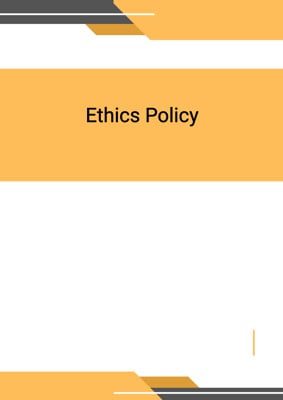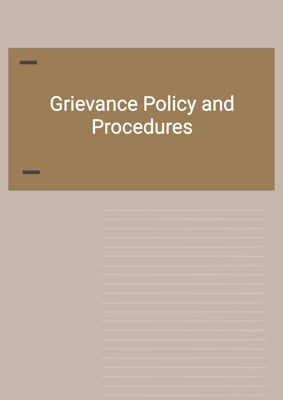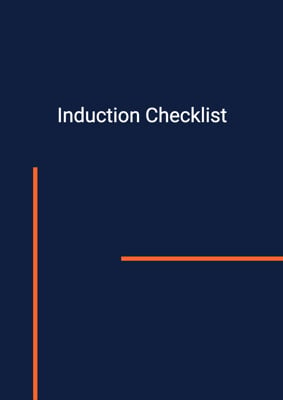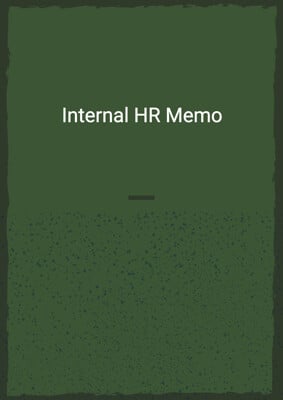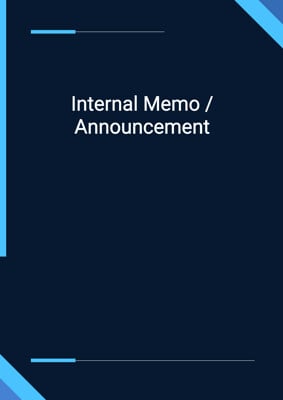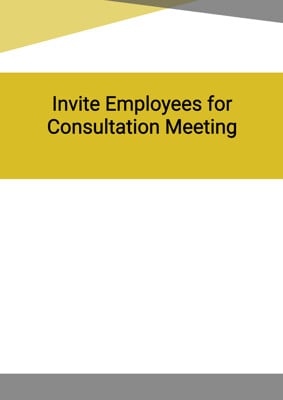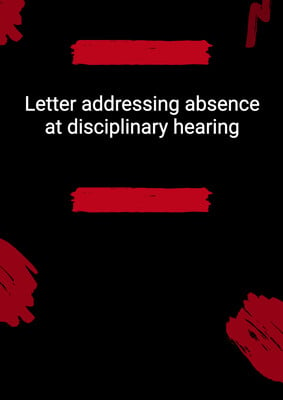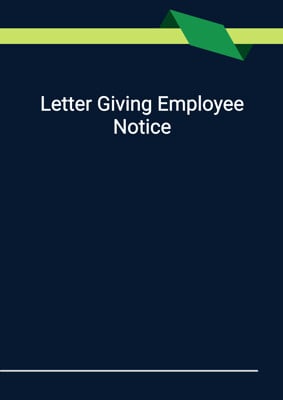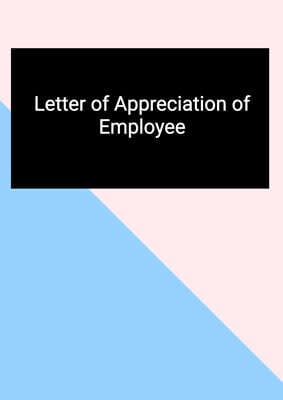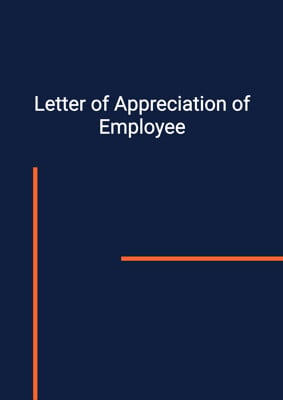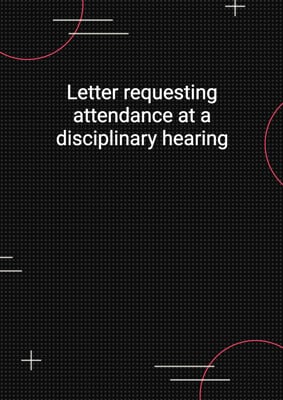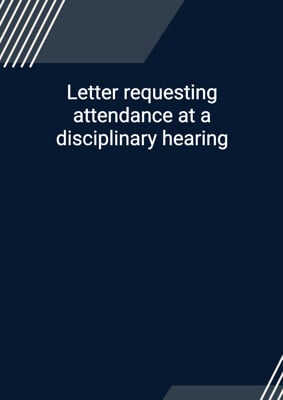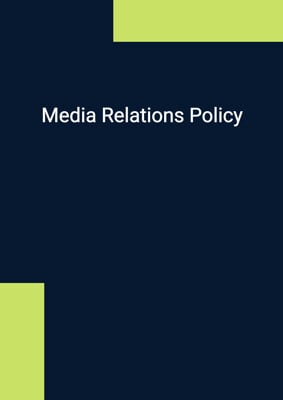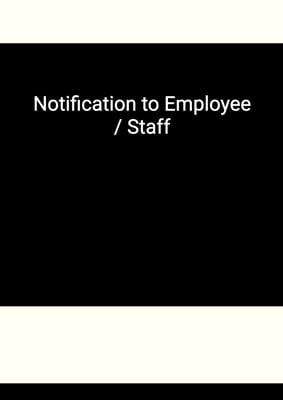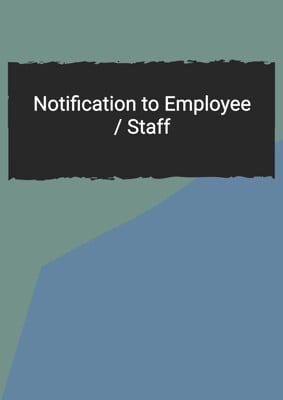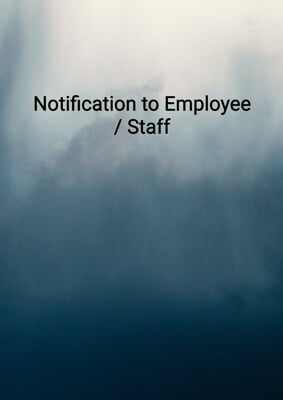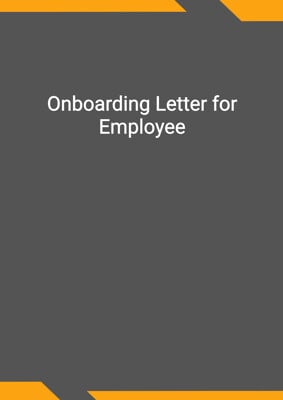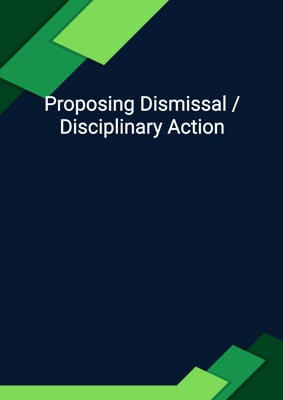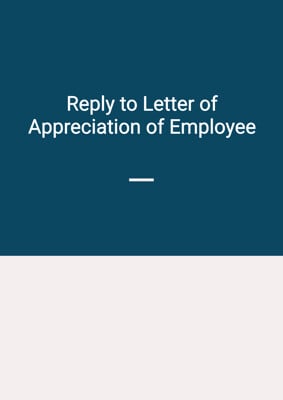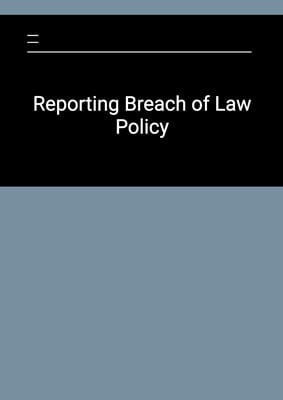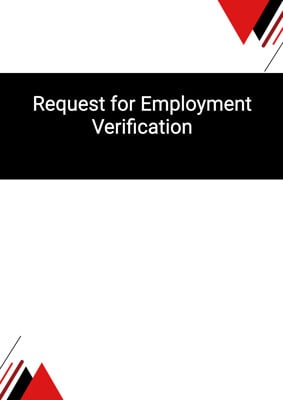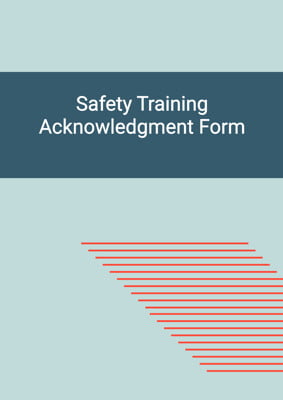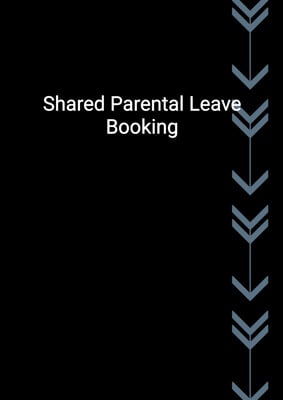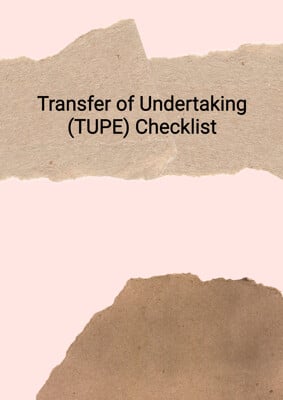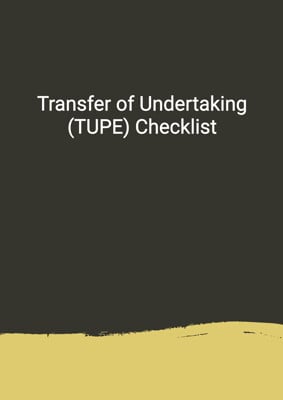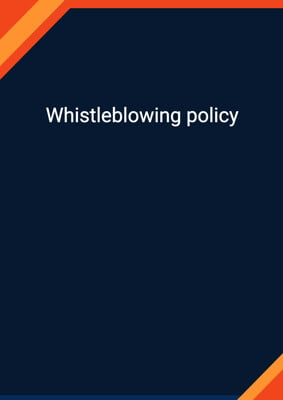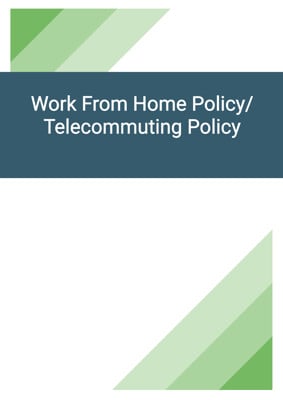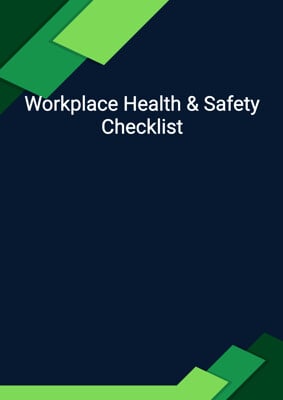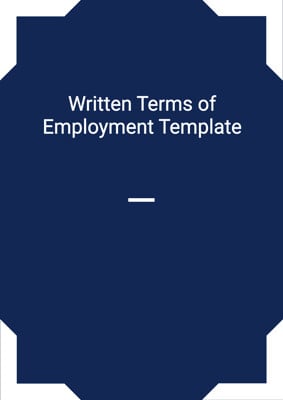How to Tailor the Document for Your Need?
01
Create Document
Click "Create Document" button and the document will be prepared with your account details automatically filled in.
02
Fill Information
Please fill in any additional information by following the step-by-step guide on the left hand side of the preview document and click the "Next" button.
03
Get Document
When you are done, click the "Get Document" button and you can download the document in Word or PDF format.
04
Review Document
Please review the document carefully and make any final modifications to ensure that the details are correct before publication / distribution.
Document Preview
Document Description
The document titled 'Anti-Slavery and Human Trafficking Policy' is of utmost importance as it addresses the issue of modern slavery, which is a crime and a violation of human rights. The policy demonstrates the commitment of Account Job Company to act ethically and with integrity in all its business relationships, ensuring that slavery and human trafficking are not taking place in its business or supply chain. The document applies to all officers and directors, employees, workers, contractors, interns, agents, consultants, agency workers, and casual workers.
The policy begins with a clear introduction, emphasizing the importance of protecting human rights and the commitment of the company to fight against modern slavery. It outlines the measures that the company will take to prevent any form of modern slavery in its own business and supply chain. The policy also highlights the company's compliance with the Modern Slavery Act 2015.
The document then explains the application of the policy, stating that it applies to all employees and expects suppliers and contractors to observe the same high standards. It clarifies that the policy is endorsed and fully supported by the company and its senior management. It also mentions that the policy does not form part of any employee's contract of employment and can be amended by the company at any time.
The responsibilities and measures section of the document highlights the roles of senior management, the legal department, and the human resource department (HRD). Senior management is responsible for disseminating and implementing the policy, while the legal department ensures overall compliance and handles breach allegations. The HRD has the primary day-to-day responsibility for implementing the policy, monitoring its use, and improving the procedures relating to the eradication of modern slavery in the company's operations. The company also provides regular training sessions for all employees on anti-slavery and human trafficking related issues.
The policy violations section emphasizes the mandatory compliance of all employees with the policy. It states that breaches will be taken seriously and thoroughly investigated by the HRD. It also encourages employees to raise allegations of breach in good faith, ensuring their full support and protection against reprisals. However, making allegations in bad faith may lead to misconduct and dismissal.
In the event of a breach, the company will take remedial action to cease modern slavery and safeguard the victims. Depending on the severity of the breach, disciplinary action may be taken, including dismissal without notice. The company also reserves the right to terminate or suspend relationships with contractors, suppliers, or business partners if there is a reasonable belief of modern slavery occurring in their business or supply chains.
The document concludes by providing contact information for further guidance and clarifies that the company reserves the right to revise and modify the policy as required by the business, with the corporate HR department being the sole authority to interpret the content of the policy.
How to use this document?
1. Familiarize yourself with the policy: Read the 'Anti-Slavery and Human Trafficking Policy' document carefully to understand its importance and the commitment of Account Job Company to fight against modern slavery.
2. Understand the application of the policy: Note that the policy applies to all officers and directors, employees, workers, contractors, interns, agents, consultants, agency workers, and casual workers. Suppliers and contractors are also expected to observe the same high standards.
3. Roles and responsibilities: Recognize the roles of senior management, the legal department, and the human resource department (HRD). Senior management is responsible for disseminating and implementing the policy, the legal department ensures compliance and handles breach allegations, and the HRD is responsible for day-to-day implementation and improvement of procedures.
4. Training and awareness: Be aware that the company provides regular training sessions on anti-slavery and human trafficking issues. Make sure to attend these sessions and familiarize yourself with the provisions of the policy.
5. Compliance and reporting: Understand that compliance with the policy is mandatory for all employees. Avoid any activity that might suggest a breach of the policy. If you witness or suspect a breach, promptly report it to the HRD. The company will thoroughly investigate all allegations made in good faith and take appropriate measures.
6. Consequences of policy violations: Take breaches of the policy seriously, as they may lead to disciplinary action depending on the severity. The company reserves the right to dismiss employees without notice for severe breaches. Remember that making false allegations in bad faith may also result in misconduct and potential dismissal.
7. Supplier and business partner relationships: Be aware that the company may terminate or suspend relationships with contractors, suppliers, or business partners if there is a reasonable belief of modern slavery occurring in their business or supply chains.
8. Seek further guidance: If you have any questions or need additional guidance, contact your human resources representative at the provided account email.
9. Stay updated: Keep track of any revisions or modifications to the policy, as the company reserves the right to revise or modify it as required by the business. The corporate HR department is the authority to interpret the content of the policy.
Not the right document?
Don’t worry, we have thousands of documents for you to choose from:
